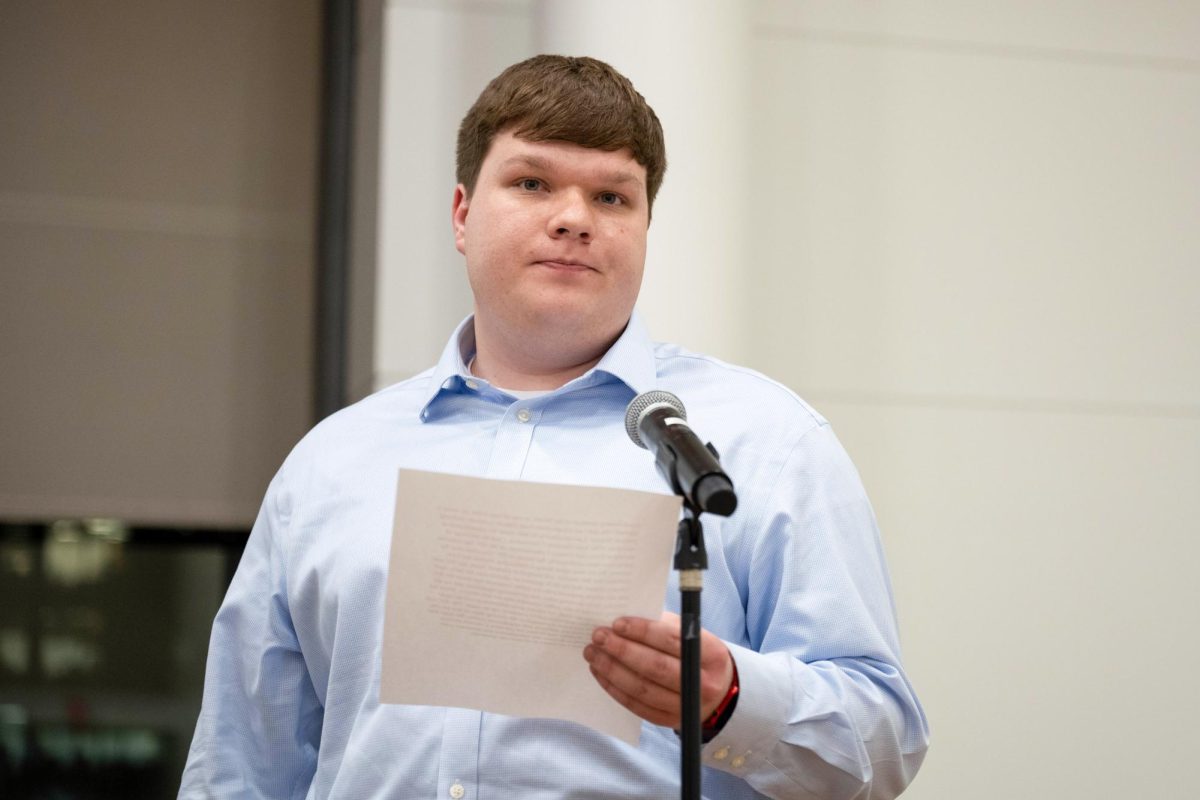Some professors are wary of a student and faculty proposal to make old tests and syllabi available for free on a University Web site.
For the past three years, members of the Student Association have promised to update the test and syllabi file kept in their Marvin Center offices by increasing available materials and uploading documents onto a Web site. The Joint Committee of Faculty and Students, in part organized by the SA, is considering a new resolution that would require professors to post syllabi online, and may pave the way to electronically posting old tests.
“I think we have to handle it delicately and I think it will take a while,” said JCFS chair John Artz, who is also an associate professor of Information Systems and Technology Management.
Artz said he supports the initiative but added that it will be complicated to set up a Web site and obtain professors’ support. At the core of the issue is the debate over intellectual property, which provides professors with legal rights over their syllabi.
“If you design a class, that’s not that easy; it takes of lot of work,” Artz said. Online syllabi raises concerns that other professors, possibly at other universities, could take that work for free, he said.
The JCFS has proposed safeguards to ensure that other professors do not use the work. For example, some SA senators have suggested using a login system to ensure that only members of the University would have access to the site.
Some professors are not just worried about other educators taking their work. Some said they consider students looking at old tests cheating.
“I’m very concerned about high academic standards,” said Bonnie Morris, an adjunct assistant professor of women’s studies. “The search for shortcuts is a weird trend.”
“For the first 10 years that I had been teaching here no one ever took me aside and told me (about the test file),” she said. “I felt very much like I had been played.”
Other professors, like Lee Sigelman of the political science department, said he would not mind posting his old tests because he changes his tests every time he teaches a new course.
Implementation of the program has not been on the top of the SA’s agenda, even though during finals and midterm weeks about 30 students come into the SA’s office to review the test file, said sophomore Timothy Little, the SA’s vice president for Academic Affairs.
“Since the summer the SA has extensively looked into converting the SA test bank to an electronic formation,” Little said. “Confusion as how to give the copy machine an IP address and lack of willingness to do so is what has caused delay.”
The JCFS’s goal is to have the resolution to the Faculty Senate by the end of this semester, said co-chair Charlie Leizear, a senior. The body’s next meeting is on March 3. If the resolution receives approval from the JCFS, it will be passed on to the executive committee of the Faculty Senate, and if passed there will be considered by the GW Board of Trustees.






